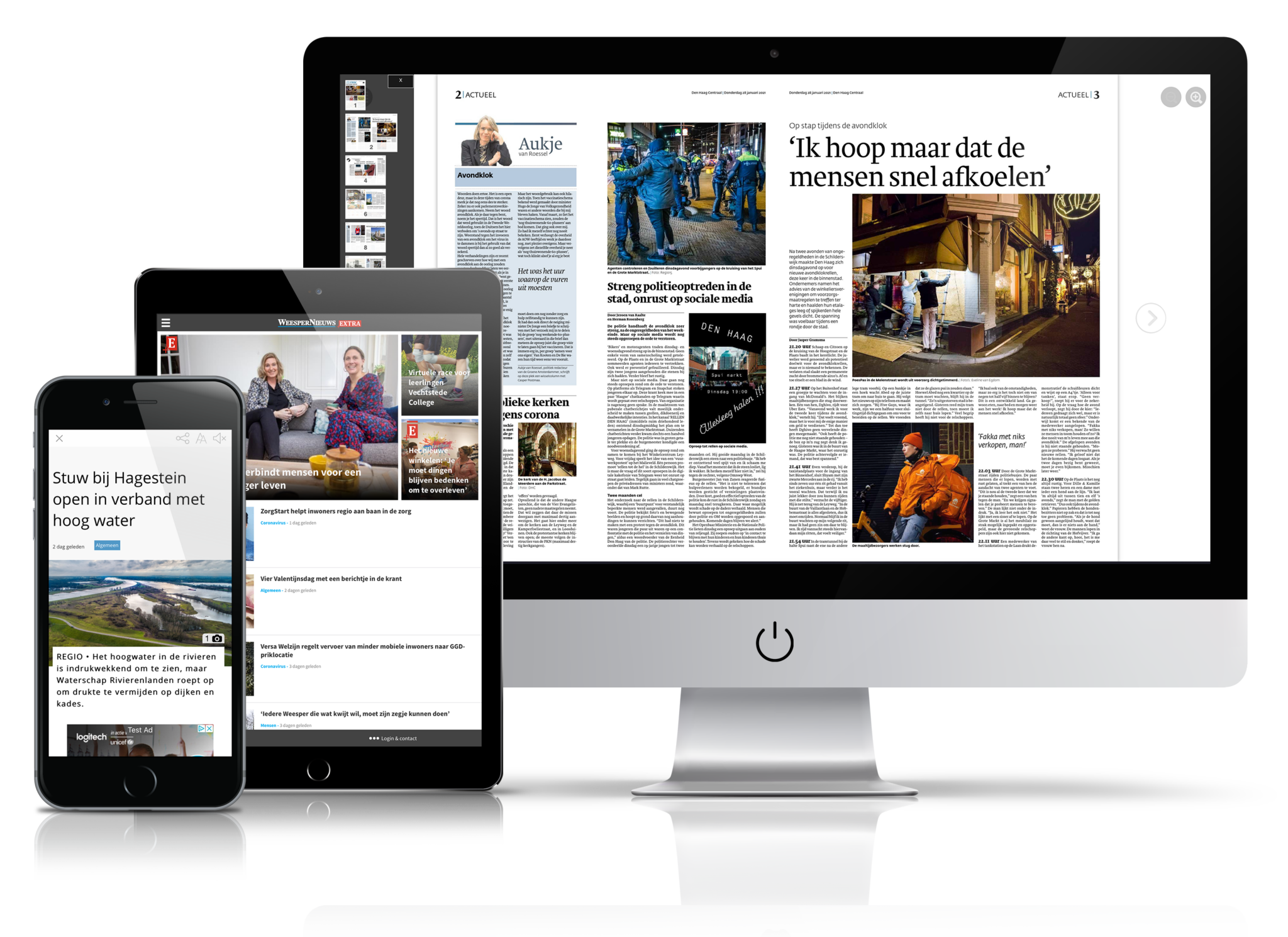News Websites Fundamentals Explained
News Websites Fundamentals Explained
Blog Article
Not known Facts About News Websites
Table of ContentsIndicators on News Websites You Need To KnowNews Websites Things To Know Before You BuyThe Only Guide to News Websites7 Easy Facts About News Websites DescribedNot known Facts About News Websites
It was down in the UK and Brazil however up a few other countries, such as Greece, Bulgaria, and Poland (News Websites). This year, for the first time, we asked about the various means that people stay clear of the information and discovered that around half of avoiders (53%) were trying to do so in a broad-brush or routine means for instance, by switching off the radio when the news came on, or by scrolling past the news in social networkse.g. scrolling previous news, altering channels when news begins. of avoiders examine sources less commonly. e.g. restriction to particular times of day, switching off notices, etc. of avoiders stay clear of some topics. e.g. subjects that bring down mood or boost anxiety. You said that you try to actively stay clear of news.

I'm probably choosing to check out more light-hearted stories than I used to currently. M, 51, UK Switching my back on news is the only means I feel I can deal often. I need to consciously make the effort to transform away for the benefit of my own psychological health.
News Websites Fundamentals Explained
Selective avoidance of Ukraine information was highest possible in many of the nations closest to the conflict, enhancing findings from our added survey last year, right after the battle had started. Our information might not recommend an absence of rate of interest in Ukraine from close-by countries however rather a desire to handle time or safeguard psychological wellness from the extremely real scaries of battle.
Contrasting Finland with a politically polarised nation such as the United States (see next chart) that is much less impacted by the battle, we find an extremely various pattern of subject evasion. In the USA, we locate that consumers are a lot more likely to avoid topics such as national politics and social justice, where arguments over issues such as sex, sexuality, and race have come to be highly politicised.
American politics are rather hazardous these days. I find in some cases that I have to disconnect from tales that just make me angry. F, 61, USA For some people, bitter and divisive political arguments are a reason to switch off information completely, however, for some political upholders, evasion is typically about shutting out point of views you don't wish to hear.

The 9-Minute Rule for News Websites
Some are seeking to make information more accessible for hard-to-reach teams, expanding the news schedule, appointing even more motivating or favorable information, or accepting useful or services journalism that offer people a sense of hope or personal company. In our survey this year, we asked participants about their passion in these different approaches.
This clarifies why tales like Ukraine or nationwide politics perform well with information regulars however can at the very same time turn much less interested users away (News Websites). Discerning avoiders are less curious about all kinds of information than non-avoiders but in loved one terms they do seem to be more curious about positive or solutions-based information

10 Simple Techniques For News Websites
2023). This may be true in the minute, yet with time it appears to be leaving many individuals empty and less pleased, which might be threatening our connection with and rely on the news. Across markets, overall count on information (40%) and rely on the sources individuals use themselves (46%) are down by an additionally 2 percentage factors this year.
Through the rear-view mirror, the COVID-19 depend on bump is plainly visible in the following chart, though the instructions of traveling afterwards has actually been blended. Sometimes (e.g. these details Finland), the depend on rise has been preserved, while in others the upturn looks even more like a blip in a story of ongoing long-term decline.
A few of the highest possible reported levels of media criticism are discovered in countries with highest degree of suspect, such as Greece, the Philippines, the USA, France, and the UK. The most affordable degrees of media objection frequent those with higher levels of count on, such as Finland, Norway, Denmark, and Japan.
What Does News Websites Mean?
This year we asked respondents about their choices for text, sound and video clip when consuming news online. Typically, we locate that the majority still like to review the news (57%), instead of watch (30%) or pay attention to it (13%), yet younger individuals (under-35s) are most likely to pay attention (17%) than older groups.
Behind the averages we discover considerable and surprising country distinctions. In markets with a strong reading practice, such as Finland and the UK, around eight in 10 still favor to review on-line information, however in India and Thailand, around 4 in 10 (40%) say they prefer to enjoy information online, and in the Philippines that percentage mores than half (52%).
Report this page